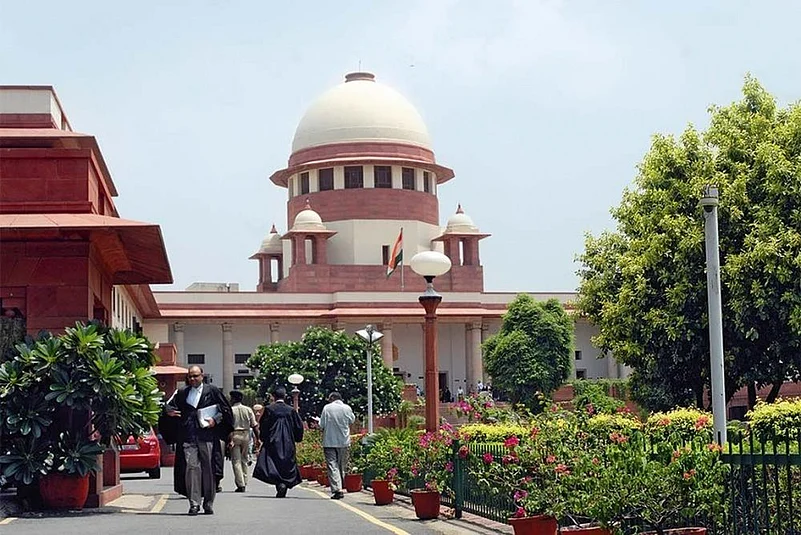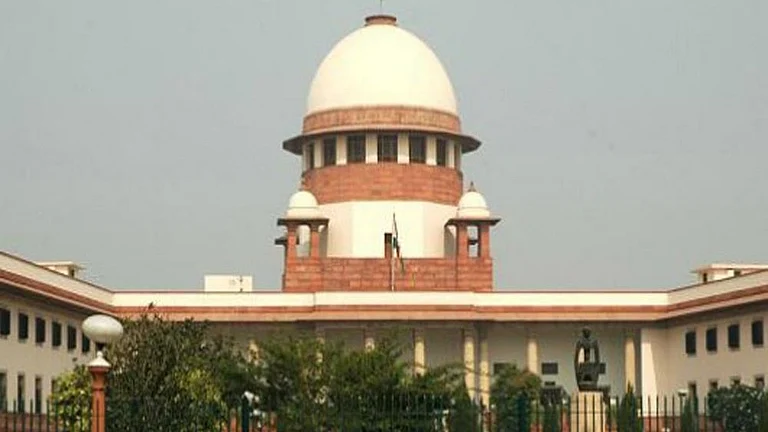
Summary of this article
A three-judge bench of the Supreme Court has, by a 2-1 majority, recalled its 2024 judgment that prohibited post-facto environmental clearances.
Chief Justice B R Gavai and Justice K Vinod Chandran formed the majority, while Justice Ujjal Bhuyan dissented, calling ex-post clearances a violation of environmental principles.
The case will now be reheard by an appropriate bench, reopening the debate on the legality and feasibility of retrospective environmental approvals.
In a significant shift with wide-ranging implications for environmental regulation and industrial projects, the Supreme Court on Tuesday recalled its earlier judgment barring post-facto environmental clearances for projects that began operations without prior approval. The ruling came through a 2-1 majority, with Chief Justice B R Gavai and Justice K Vinod Chandran finding merit in nearly 40 review and modification petitions that argued the earlier blanket prohibition required reconsideration.
The case stems from the court’s 2024 Vanashakti judgment, which had held that projects violating the requirement of prior environmental clearance could not later be regularised by retrospective approvals. The earlier ruling had forced regulatory bodies to treat such violations strictly, raising the prospect of closure or demolition of large public and private projects.
In Tuesday’s decision, the majority held that the complexities surrounding major infrastructure developments warranted a fresh look at the issue. They noted that existing government notifications and office memoranda had contemplated a mechanism where violators could be penalised but still granted clearances under specific conditions, suggesting that the earlier judgment may have overlooked practical regulatory frameworks.
Justice Ujjal Bhuyan delivered a strong dissent, arguing that the very concept of ex-post facto environmental clearance contradicts the foundations of environmental law. He said such a mechanism undermines the preventive nature of environmental regulation and incentivises non-compliance. Calling it a “curse devoted to evil” within environmental jurisprudence, he maintained that allowing retrospective approvals would erode accountability and weaken safeguards intended to protect ecosystems and communities.
With the verdict recalled, the matter will now proceed before a newly constituted bench. Until a fresh ruling is delivered, the legal position on post-facto clearances remains open, leaving policymakers, industries, and environmental groups awaiting clarity.






















